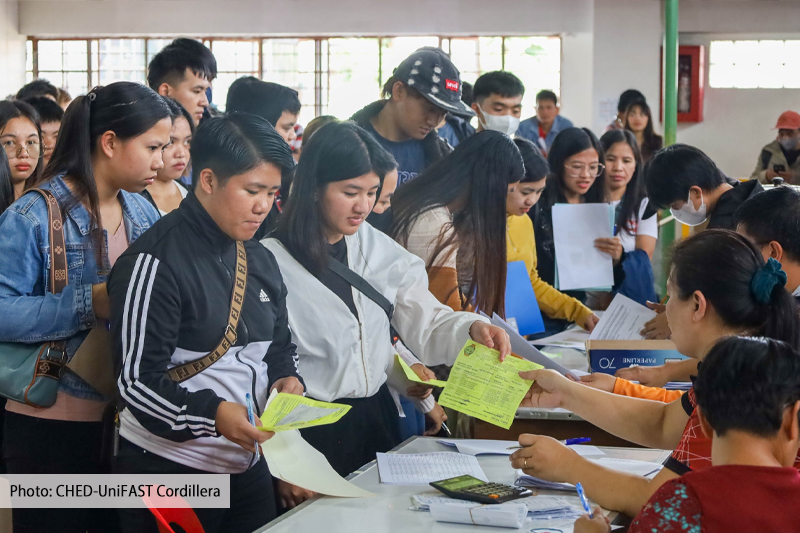MEMBER-ECONOMIES of the Asia-Pacific Economic Cooperation (APEC) bloc are not maximizing an available labor market information system to help address unemployment and job-skills mismatches, the Philippine Institute for Development Studies (PIDS) said.
According to a policy note written by Ateneo de Manila University professor Leonardo A. Lanzona, Jr. published by PIDS, a state think tank, the Labor Market Portal, developed by APEC in 2014 , remains underutilized “given the limited data contribution from APEC economies.”
“While job creation and labor mobility are necessary to tackle high and increasingly persistent unemployment, promoting jobs without paying due attention to the matching of quality and to skills required may only buy time and prolong unemployment,” he said.
This, according to Mr. Lanzona, may be addressed by fostering and sharing full information on the labor pool for matching to appropriate jobs.
Mr. Lanzona said information asymmetry and transaction costs are key problems, which must be addressed to improve labor mobility.
As a result, employers continue to offer the same wages for workers who are more or less productive. To add, workers can then be misallocated to tasks and sectors.
The author said this can be addressed in the Philippines by “improving the employers’ access to skills certifications” of the workers in order for employers to compare skills of job candidates.
Mr. Lanzona recommended that the laws governing labor markets be reviewed and standardized.
“Broader support and agreement for standards among the APEC economies should lead to more transparent and less fraudulent methods of entry,” he said, adding that the establishment of standardized rules and institutions is a “win-win” situation for both global and individual economies.












